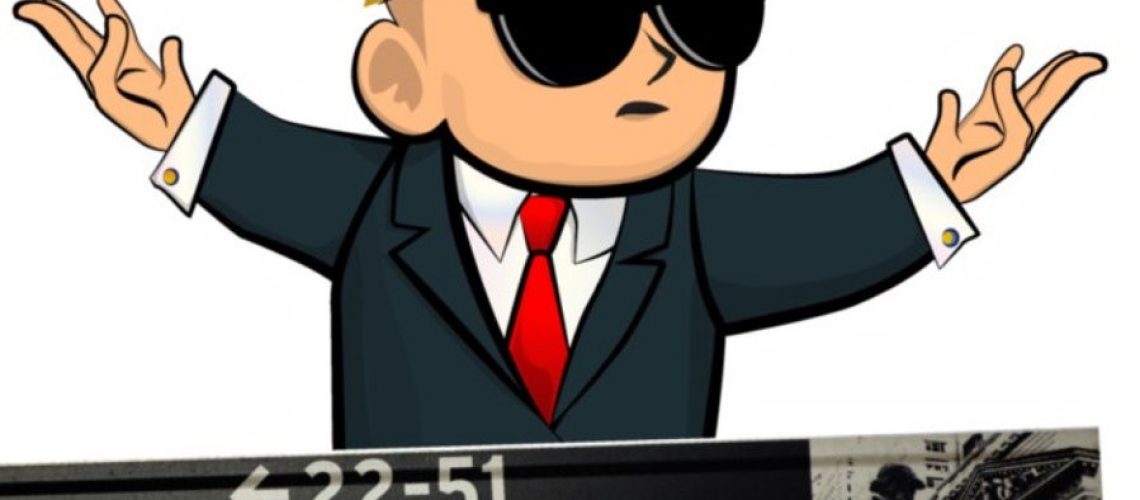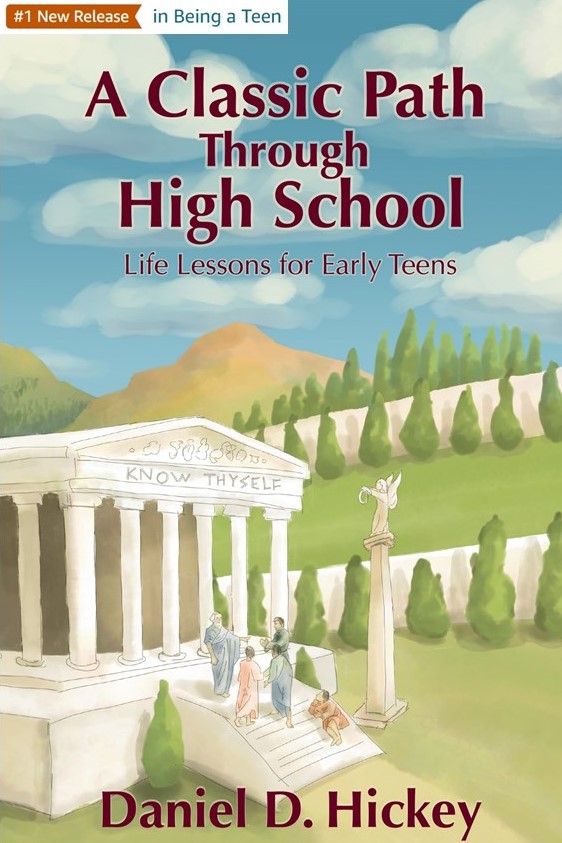Wall Street’s traditional purpose had been to intermediate capital between savers and entrepreneurs. Someone with a good idea would prove it in the marketplace and then investment bankers would raise money through an initial public offering (IPO) to build their product on a mass scale. There had always been a sense of pride about the companies they brought public. That ended with the dot com crash after reputable analysts issued glowing public recommendations about companies they denigrated in private. Wall Street put the interests of savers behind their more profitable entrepreneurs. The next financial crisis eight years later was marked by toxic waste on bank balance sheets being repackaged for sale to retail clients. Again, the more profitable institutional clients were protected.
It was between those crises that the industry was given over to algorithmic trading, sending most of the professional traders to new jobs. Some kept doing what they know best and share their trading ideas on message boards like Reddit’s Wall Street bets. Meanwhile, American finance has become a computer game where money is raised for trading programs deployed by wealthy hedge fund managers underwritten by friends and pension funds. Although their complex strategies are intended to mitigate risk (thus the hedge moniker) they often throw caution to the wind and pile into the same trades that their colleagues and brokers recommend.
The brokers have the advantage of operating in a highly regulated industry where they write the rules, such as loopholes to get around the types of orders and short sale regulations that retail investors live under. In the case of GameStop ($GME), 140% of their shares outstanding had been sold short, which shouldn’t be possible. The hedge fund masters of the universe know that video games come over the internet now and nobody is going to the malls where GameStop is saddled with premium rents. They believed an inevitable GameStop bankruptcy would enable them to cover their shorts at pennies on the dollar, and more than cover the interest incurred from borrowing the shares.
The Reddit proletariat still stand on line to buy disks at GameStop stores because today’s video games take up too much storage on their devices. They undoubtedly relished an opportunity to stick it to the professional class, but more than anything they knew all those shorts eventually have to be covered. Just like the pros band together to amplify their trades, the prols did the same on r/WallStreetBets. It would only take a spark to light a fire of short covering that would launch Gamestop like a rocket to Mars. Enough of them acting in concert sent $GME from $40 per share last week to $483 on Thursday as an army of buyers chased the hottest momentum name on their Robinhood apps. The message board is now telling stories of paid mortgages and fully funded college plans. On the other side, Melvin Capital couldn’t raise the funds to support the losing trade and had to be rescued by Citadel, the largest broker unknown to most people. The king of algorithmic trading couldn’t afford to see more of its profitable hedge fund clients fail. The game had to be stopped, so it was.
Nobody knows how many shorts were covered in this week’s massive rally but if you aren’t in already, your broker probably won’t let you buy the shares now. Robinhood made a mockery of the “Know Your Customer” rule by letting anyone take on any amount of risk, but now they have implemented strict risk management protocols preventing their clients from buying heavily shorted stocks. The prols trading for free take a back seat to the pros paying to trade against their order flow. A new generation of retail investors has learned that Robinhood’s claim to be “democratizing finance for all” is just a cynical marketing slogan. The firm is teetering on collapse requiring an emergency capital infusion from its hedge fund owners. The days of Wall Street proudly bringing together America’s savers and entrepreneurs are sadly behind us. Today’s IPOs are more often a vehicle to cash out than to raise capital. The model is now to encourage ever more trading and take a tiny piece of every trade. AOC says it’s nothing more than a casino and Congress should examine why retail investors were blocked while hedge funds were not. Ted Cruz retweeted her sentiments. When opposite ends of the political spectrum can agree on something, it is probably true.
Game On!


2 thoughts on “Game On!”
This is exactly the kind of topic and current event that shows how your blog and book can provide a basis not just for curious teens but for those teens and their families. As my kids say, “big brain stuff”!
Thank you sir. Your kids have big brains.
Comments are closed.